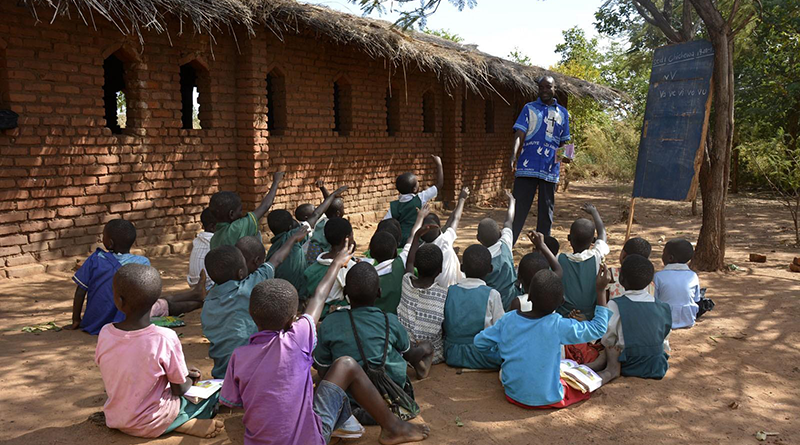Government To Introduce School-Based Projects Curriculum In 2025
The Government will implement a new curriculum framework, the Heritage-Based Curriculum, starting next term to address future educational needs.
This initiative comes after the discontinuation of the Continuous Assessment Learning Activities (CALAs), which were in place from 2021 until early this year.
According to the Ministry of Primary and Secondary Education, the Heritage-Based Curriculum aims to better prepare students for emerging challenges by incorporating updated teaching methodologies and assessment strategies. It will replace the 2015-2022 curriculum framework, which the 2024 Grade Seven, Form Four, and Form Six learners will be the last group to follow.
“In 2025, a new curriculum framework, the Heritage-Based Curriculum, will be implemented for subsequent cohorts. This new framework addresses current educational needs and trends, ensuring that students are better prepared for future challenges,” said the ministry’s communications and advocacy director, Mr. Taungana Ndoro.
The revised curriculum framework will also include School-Based Projects (SBPs) as a key feature of the assessment process. These projects will focus on hands-on, practical learning to develop critical thinking and creativity among learners.
“The mention of school-based projects for continuous assessment is under the Heritage-Based Curriculum and indicates that, while CALAs have been phased out, students will still engage in practical projects that contribute to their overall assessment,” Mr. Ndoro explained.
The transition to SBPs highlights the Government’s effort to improve the quality and relevance of education by fostering adaptable and innovative learners equipped with skills for a digital era.
Furthermore, the shift from CALAs to SBPs signifies a focus on continuous assessment in a more practical format, aligning with global education trends. “The transition to this new curriculum may include updated teaching methodologies, assessment strategies, and learning outcomes. It’s part of a broader effort to enhance educational quality and relevance,” Mr. Ndoro added.



